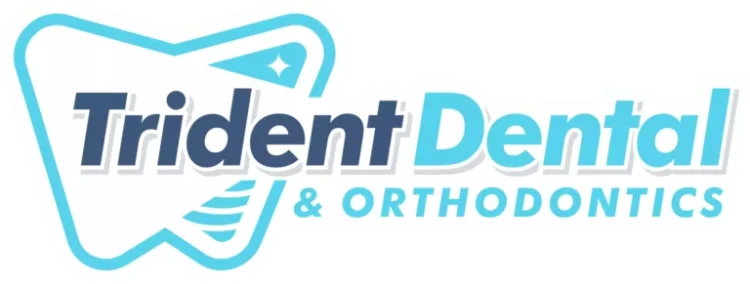Brushing your teeth thoroughly at least twice a day, flossing properly at least once a day, and seeing our expert team at Trident Dental twice a year for a routine dental exam and cleaning are the three foundational elements of good oral health.
The American Dental Association (ADA) and countless dental professionals across the United States assert that manual and electric toothbrushes are both effective for cleaning teeth and removing the oral plaque that leads to dental decay and gum disease.
Even so, an electric toothbrush offers several specific advantages that may make it a better choice for you when it comes to getting the most out of your daily brushing. Here are our top six reasons to consider switching from a manual toothbrush to an electric one.
1. Offers superior plaque removal
Perhaps the single most important reason to consider making the switch from your old-school toothbrush to an electric one is that the oscillating head of a good electric model is far better at removing plaque from your teeth and gums than manual brushing.
More effective cleaning and oral care today means a lower chance of cavities and gum disease tomorrow; it also means a reduced risk of future tooth loss. Research shows that, after three months of use, an oscillating electric toothbrush can reduce plaque by 21% and mild gum disease (gingivitis) by 11%.
2. Doesn’t wear down your enamel
An electric toothbrush gets its deep-cleaning action from the rapid oscillation of its soft-bristled head. Unlike a manual toothbrush, which clears away plaque as you “scrub” your enamel, an electric toothbrush provides a gentler, more powerful clean that doesn’t rely on force.
Whereas vigorous cleaning with a manual toothbrush can erode your enamel and make your teeth more sensitive, proper brushing with an electric toothbrush — guiding the brush head along the surface or your teeth without applying extra pressure — fully cleans your enamel without inadvertently damaging it or making it more sensitive.
3. Is gentler on your gum tissue
Vigorous cleaning with a manual toothbrush can also be hard on your gum tissue, causing gums to recede and possibly expose the roots of your teeth at the gumline. This ongoing gum damage sets the stage for periodontal disease and increases your risk of developing the kind of deep dental decay and infections that require a root canal.
Just as an electric toothbrush provides easy, deep-cleaning action across your enamel, its oscillating head cleans your gums thoroughly, gently, and without tissue-damaging pressure. Research has shown that people who switch to an electric toothbrush have 22% less gum recession after 10 years of use, compared to those who stick with a manual brush.
4. Helps you brush thoroughly
Good oral hygiene habits mean brushing your teeth two times per day — once in the morning, and once again just before you go to bed — for about two minutes each time. Experts agree that it takes about two minutes to adequately clean your mouth, including:
- The front and back sides of each tooth
- The chew surface of each tooth
- Your gums along the base of your teeth
- Your tongue and the roof of your mouth (palate)
Yet the average person only spends about 45 seconds cleaning their teeth each time they brush. Electric toothbrushes have built-in timers that aim to remedy this, helping you establish a thorough brushing regimen that doesn’t fall short.
5. Improves brushing with braces
The gentle, low-pressure cleaning motion and superior plaque removal action of an electric toothbrush can be particularly beneficial for tweens, teens, and adults who wear braces or any other fixed orthodontic appliance.
Because an electric toothbrush also makes it easier to reach and clean small crevices with little effort, it’s an especially good choice for kids with braces who struggle to brush properly using a conventional toothbrush.
6. Makes daily brushing a breeze
When you use an electric toothbrush, the brush itself does the work: You simply guide it across the surface of your teeth, gums, palate, and tongue, and its soft oscillating head — rather than your arm muscles — does all the cleaning.
Most people who make the switch to an electric toothbrush notice that their dental hygiene routine requires less effort, even as it becomes more thorough and simultaneously provides better cleaning results and improved oral health. It’s a win-win on every level.
If you have questions about how to improve your oral health routine, we have answers. Call or click online to schedule your next visit at Trident Dental in Houston, Texas, today.

